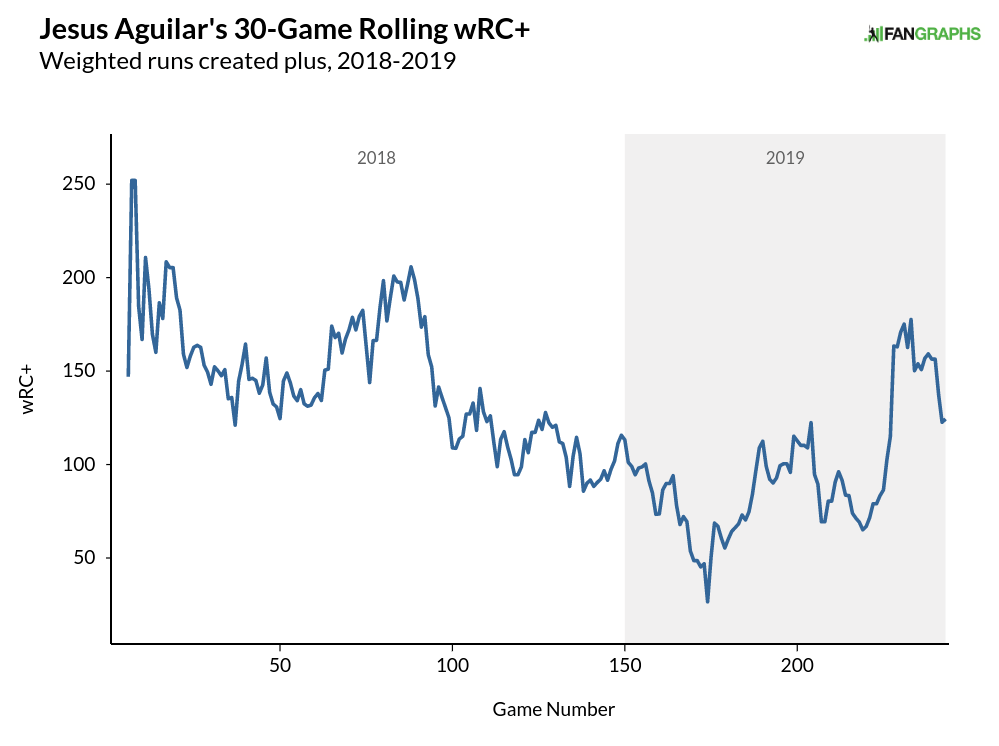The Brewers Have Found Another Relief Ace
Last year, Josh Hader headlined an excellent relief corps in Milwaukee, helping the Brewers win their division and make the postseason for the first time since 2011. While Hader drew all the headlines with his ridiculous 46.7% strikeout rate, their bullpen was incredibly deep, making up for a lackluster starting rotation. Corey Knebel, Jeremy Jeffress, and Joakim Soria all excelled in high-leverage situations, and Corbin Burnes and Brandon Woodruff gave them plenty of length to bridge the gap from the starter to the back end of the ‘pen.
Fast forward one year and Hader is the lone reliever left from that group. Soria left via free agency, Knebel underwent Tommy John surgery in early April, and Woodruff has been a full-time starter this season. Jeffress and Burnes have been totally ineffective, with the former dealing with a shoulder issue and eventually getting released in August and the latter demoted after getting rocked as a starter to start the year. Hader, for his part, is still striking out nearly half the batters he’s facing, but he’s developed a bit of a home run problem, pushing his FIP up to 3.07 this season.
Collectively, the Brewers relievers have posted a park- and league-adjusted FIP 3% better than league average, 12th in the majors, but a far cry from their fourth-ranked (87 FIP-) bullpen from a year ago. Outside of Hader, they’ve struggled to find effective replacements for the relievers they lost from last year’s crew. Freddy Peralta has plenty of talent but his lack of control has really held him back. It was no surprise to see the Brewers attached to plenty of trade rumors in July as they looked for relief reinforcements from outside the organization. They ended up acquiring two relievers before the trade deadline, and one of them has been absolutely dominant since moving to Milwaukee. Read the rest of this entry »

